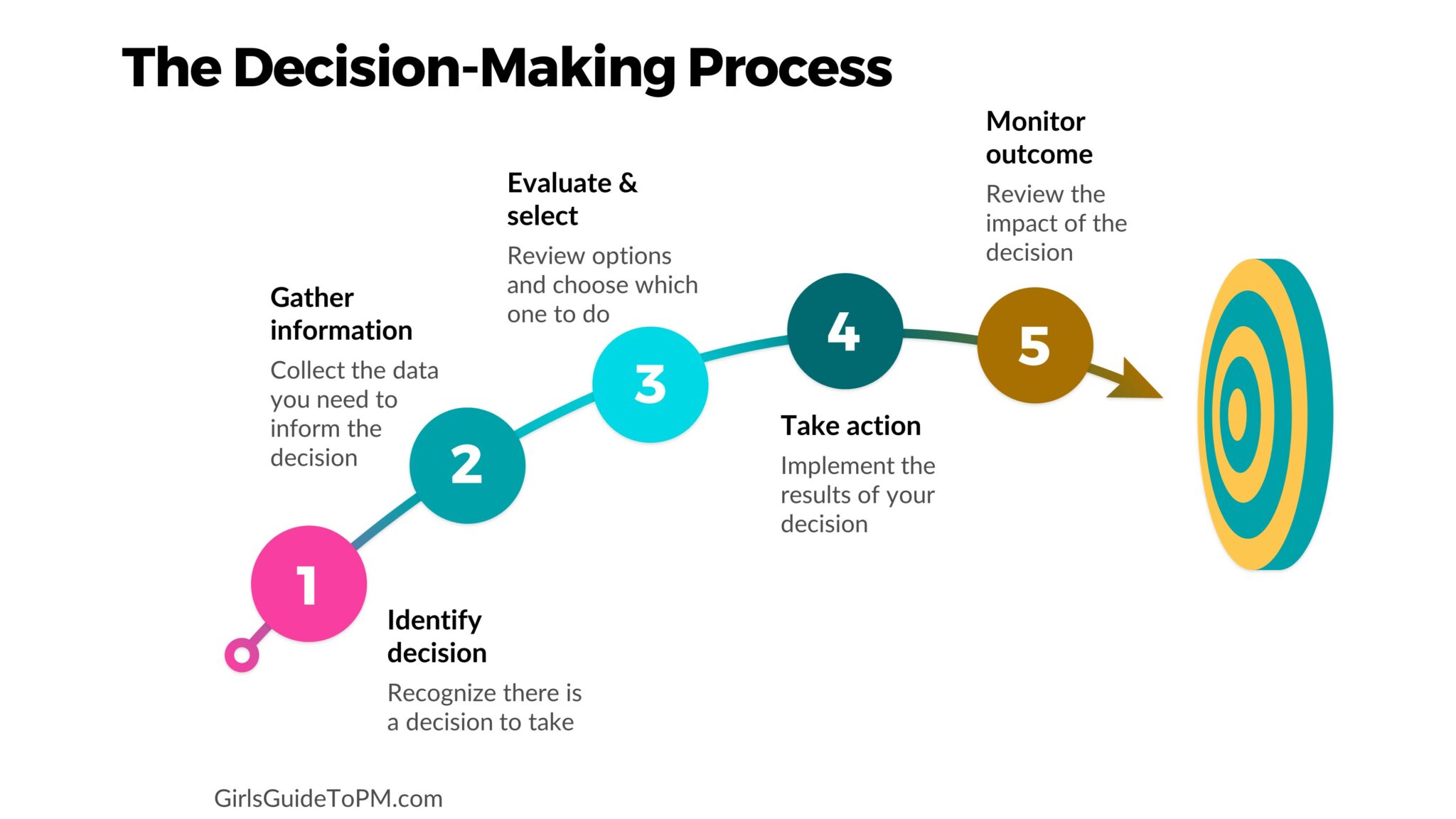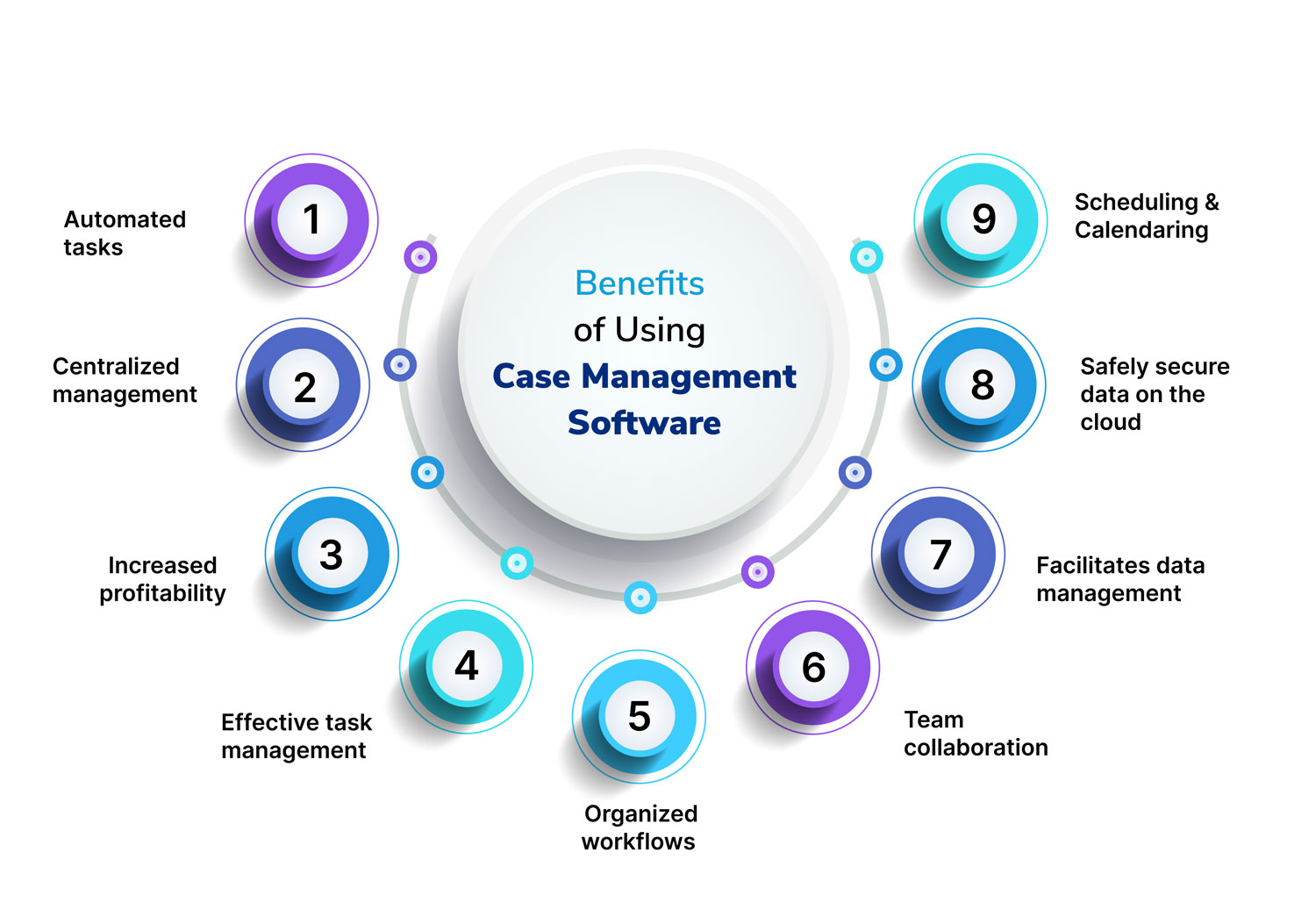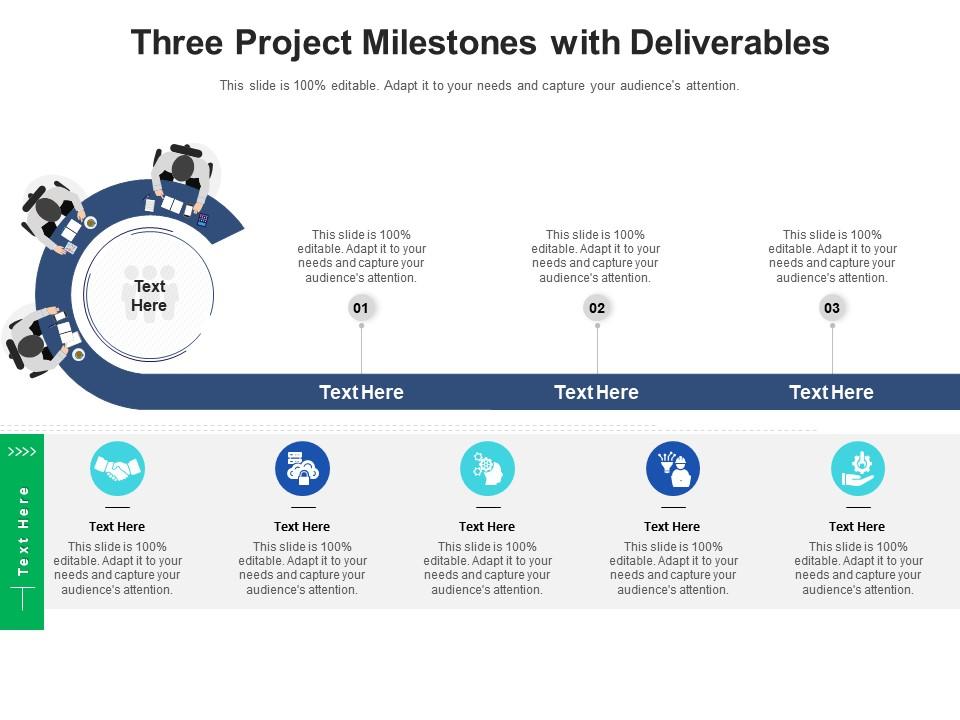Your Next Milestone Receive Your Case Decision

For many navigating the complex world of immigration, the culmination of months, sometimes years, of paperwork, interviews, and uncertainty hinges on a single moment: the arrival of their case decision. This milestone represents not just the end of a waiting period, but potentially the beginning of a new chapter in their lives. The United States Citizenship and Immigration Services (USCIS) handles countless cases annually, each representing an individual or family with unique circumstances and hopes.
The receipt of a case decision from USCIS marks a critical juncture for applicants, determining their legal status and future within the country. The outcome can range from approval and the granting of desired benefits to denial and the potential need for further legal action. Understanding the intricacies of this process and the potential implications of different decisions is paramount for those involved.
Understanding the Decision Process
The journey to receiving a case decision begins with the initial application or petition filed with USCIS. This application details the applicant's background, eligibility criteria, and the specific immigration benefit being sought, such as a green card, visa, or asylum.
Once filed, the application enters a period of processing, which can vary significantly depending on the type of application, the applicant's country of origin, and the current backlog at USCIS processing centers. During this time, applicants may be required to attend interviews, submit additional documentation, or undergo background checks.
The final decision is made by a USCIS officer who reviews the entire case file and determines whether the applicant meets all the legal requirements for the benefit sought. This determination is based on a thorough assessment of the evidence presented and the relevant immigration laws and regulations.
Possible Outcomes
The case decision can result in several different outcomes.
Approval
An approval signifies that USCIS has found the applicant eligible for the requested immigration benefit. This could mean the granting of a green card, allowing permanent residency, or the approval of a visa, enabling temporary stay in the United States for a specific purpose, like work or study.
Approval is naturally the most desired outcome, as it signifies the successful completion of the immigration process and opens doors to new opportunities. The specific rights and responsibilities associated with the approved benefit will vary depending on the type of benefit granted.
Request for Evidence (RFE)
A Request for Evidence (RFE) indicates that USCIS requires additional information or documentation before making a final decision. This does not necessarily mean the application will be denied, but it signifies that the officer needs further clarification or proof to assess eligibility.
Responding to an RFE in a timely and comprehensive manner is crucial. Failure to do so could result in the denial of the application. It is important to carefully review the RFE, gather the requested information, and submit it along with a detailed explanation.
Denial
A denial means that USCIS has determined that the applicant does not meet the eligibility requirements for the requested immigration benefit. The reasons for denial are typically outlined in the decision notice.
A denial can be a devastating outcome, but it does not necessarily mean the end of the road. Depending on the circumstances, applicants may have the option to appeal the decision or file a motion to reopen or reconsider the case. Seeking legal advice from an experienced immigration attorney is highly recommended in such situations.
Impact and Implications
The arrival of a case decision has a profound impact on the lives of applicants and their families. An approval brings relief, security, and the opportunity to pursue their dreams in the United States.
A denial, on the other hand, can lead to uncertainty, anxiety, and the need to make difficult decisions about their future. The emotional toll of the immigration process, coupled with the potential for legal challenges, can be significant.
Beyond the individual level, USCIS case decisions also have broader implications for society. Immigration policies and the efficiency of the USCIS system affect the economy, workforce, and cultural diversity of the nation. Ensuring a fair and transparent immigration process is essential for maintaining the integrity of the system and fostering a welcoming environment for those seeking to contribute to American society.
Seeking Assistance
Navigating the immigration process can be complex and challenging, especially when faced with a Request for Evidence or a denial. USCIS provides resources on their website, but it is always beneficial to seek help.
Consulting with a qualified immigration attorney can provide valuable guidance and support. An attorney can help applicants understand their rights and options, prepare necessary documentation, and represent them in interactions with USCIS.
In addition, community-based organizations and non-profit legal service providers offer assistance to immigrants, often at low or no cost. These resources can provide valuable support and advocacy throughout the immigration process.
Conclusion
Receiving a case decision from USCIS is a pivotal moment in the lives of many immigrants, signifying the potential for a new beginning or the need to navigate further legal challenges. Understanding the process, potential outcomes, and available resources is crucial for those navigating the complex world of immigration law.
Whether the decision brings joy or requires further action, it is important to remember that support is available, and the pursuit of a better life in the United States remains a possibility. It underscores the importance of accessible legal aid and support systems for immigrants facing uncertain futures.
The outcome of a case decision impacts not only the individual, but also the broader community, reflecting the enduring importance of immigration in shaping the social fabric of the nation.
![Your Next Milestone Receive Your Case Decision Project Milestones Examples in Project Management [Master Plan]](https://www.teamly.com/blog/wp-content/uploads/2021/12/Project-milestones-examples.png)
















